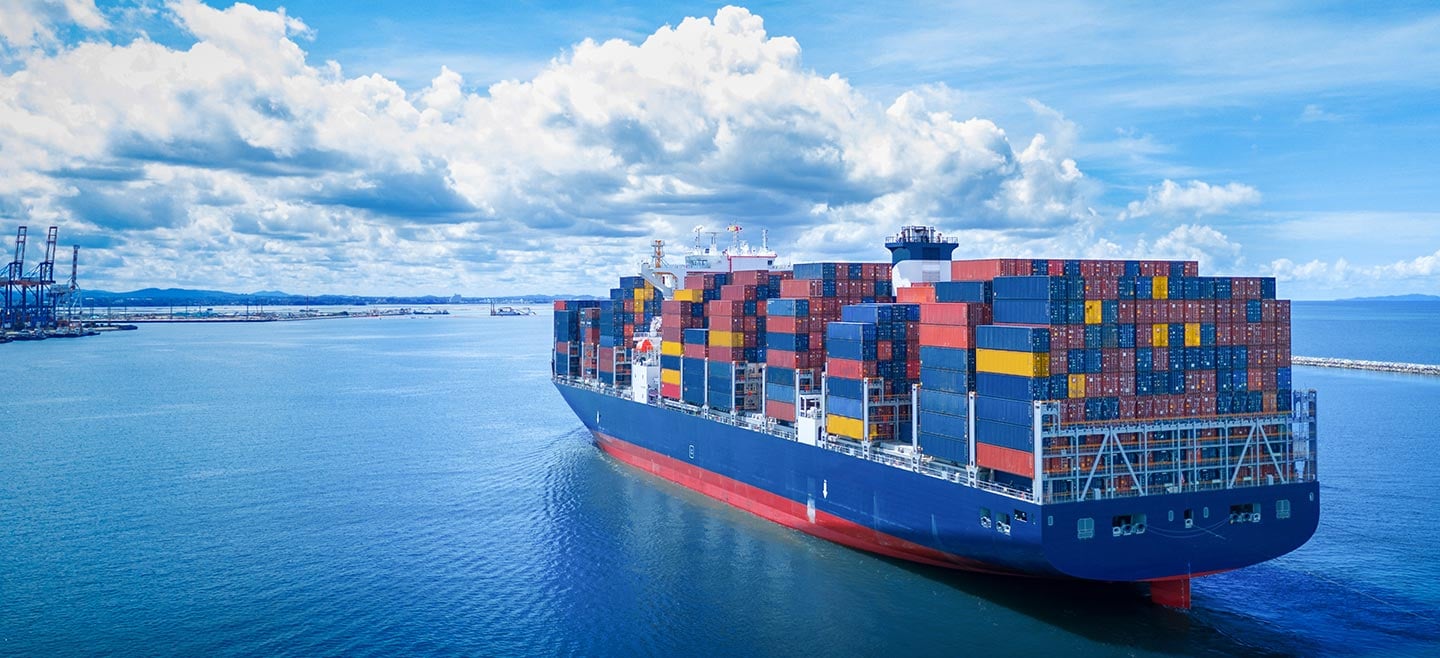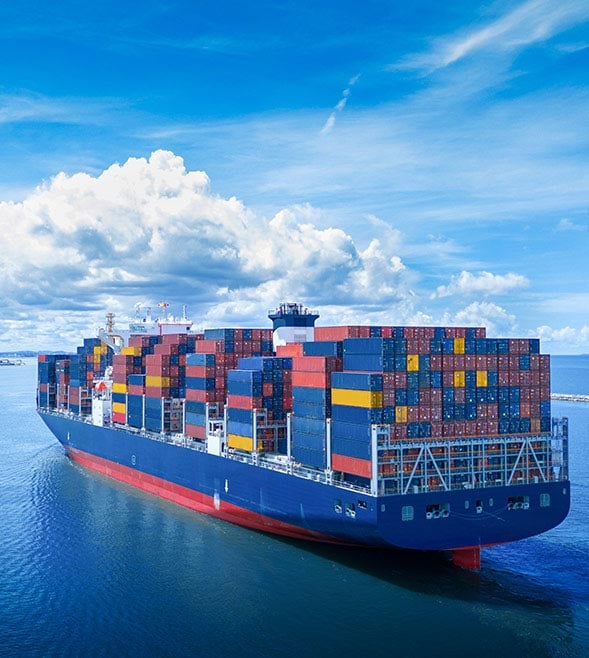For more updates follow Grant Thornton Bharat on WhatsApp

India – UK finalise Free Trade Agreement and Double Contribution Convention
India and the United Kingdom share a long-standing economic relationship rooted in trade, investment, and shared democratic values. In pursuit of strengthening this partnership, both nations launched negotiations for a Comprehensive Economic and Trade Agreement (CETA) in January 2022, aiming to foster greater economic integration in the post-Brexit landscape.
After 15 rounds of negotiations spanning over 3 years, the two countries formally signed the India–UK CETA on 24 July 2025. This landmark agreement is India’s first comprehensive trade pact with a European country. It represents one of the most ambitious bilateral deals concluded by the UK since exiting the European Union.
The agreement is designed to enhance market access, eliminate or reduce tariffs, promote trade in services and investment, and establish robust cooperation mechanisms across a wide range of sectors. The bilateral trade between the two countries stands at nearly USD 56 billion, and the agreement is projected to double this figure by 2030.
Key highlights of FTA
- India gains duty-free access to 99% of UK imports (nearly USD 23 billion trade value) across sectors like textiles, leather, machinery, pharma, agro, gems and jewellery, and food;
- Around 64% of the UK tariff lines will be duty-free in India immediately, covering £1.9 billion of the current UK exports1;
- The UK's tariffs on Indian goods will be liberalised on 90% of lines, rising over ten years to 85% tariff-free import lines covering 92% of UK goods into India;
- Tariff cuts on the UK exports to India of whisky and gin from 150% to 75%, eventually 40% from 10 years onwards;
- Tariff cuts on the UK exports to India of automatives from over 110% to 10% under quota limits over time;
- Tariff cuts on the UK exports to India of UK cosmetics and toiletries from 22% to 0%;
- Access for IT/ITES, professional, culinary, yoga, and music services;
- Social security exemptions (Double Contributions Convention) for Indian expatriates in the UK up to 3 years;
- UK businesses gain access to Indian government contracts, approximately 40,000 tenders per year with a value of at least £38 billion, under a procurement clause.
- Strong data protection, cross-border data flow provisions, and at least 60 years of copyright protection for creative works.
- Commitments supporting climate and net-zero goals, including a sub-committee on sustainability.


Sectoral impact of the CETA agreement
The India-UK Free Trade Agreement creates a level playing field for Indian exporters by removing tariffs across key sectors. Textile, leather, and gem industries gain immediate access to the UK market, while engineering and electronics sectors prepare to double exports through zero-duty provisions. Agriculture sees a major boost with over 95% tariff lines eliminated, helping farmers diversify and meet export targets. Auto components, pharmaceuticals, and chemicals become more competitive, and services benefit from assured market access and smoother professional mobility. The agreement also strengthens digital trade, supports sustainability goals, and empowers MSMEs and inclusive enterprises to expand globally.

India–UK Comprehensive Economic and Trade Agreement (CETA)
Our PoV outlines provisions, tariff liberalisation schedules, sector-wise impacts, and analysis of opportunities and challenges for Indian and UK businesses.

India and UK finalise FTA and Double Contribution Convention
This agreement is aligned with India’s vision of Viksit Bharat by 2047 and complements the growth aspirations of both the countries.

Free Trade Agreement: Terms agreed between India and UK
This document outlines UK–India trade ties and key terms of their Free Trade Agreement (FTA), marking a milestone in their strategic partnership.
Way forward
To maximise the gains from the CETA, the Indian industry must rapidly strengthen its compliance frameworks, invest in product quality and innovation, and engage actively with newly established trade facilitation platforms. Close coordination with trade bodies and state agencies will be vital in translating tariff reductions into tangible export growth, particularly for MSMEs and labour-intensive sectors.
Pallavi Joshi Bakhru decodes the India-UK trade pact, highlighting its impact on MSMEs, sustainability, and inclusive growth in conversation with Govindraj Ethiraj on The Core Report.
Pallavi Joshi Bakhru decodes the evolving dynamics of the India–UK trade relationship on The Economic Times' 'The Morning Brief' podcast.
Our comments
The India–UK CETA stands out as a strategically significant milestone in India's evolving trade architecture. As India's first comprehensive agreement with a European nation and the UK's most substantial post-Brexit bilateral deal, it signals a deepening of economic and geopolitical alignment between the two countries.
The agreement is expected to benefit India's labour-intensive sectors such as textiles, leather, marine products, and engineering goods, offering a strong impetus to MSMEs, job creation, and formalisation, particularly in rural and women-led enterprises. While Indian exports gain immediate and broad-based tariff advantages, UK exporters, particularly in the automotive and alcoholic beverage sectors, will benefit more gradually due to quotas and phased reductions.
Overall, the CETA reflects a well-balanced approach that advances India’s global trade ambitions while safeguarding national priorities.
Our leader

